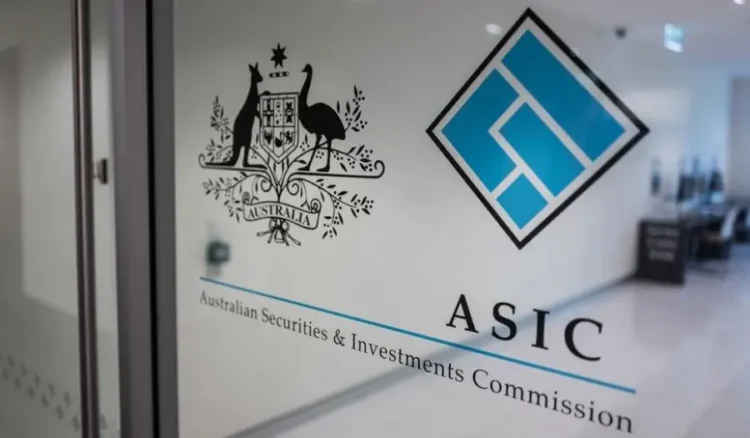
How advisers can boost business by embracing client feedback
Successfully integrating client feedback can be a key driver of the success and growth of a financial advisory business. Not only does it help firms to improve their client services, but it can build client loyalty, attract referrals and allow advisers to stay relevant in a very competitive market.
Whether it’s negative or positive feedback, financial advisers need to act on information received. Client feedback not only highlights what advisers are doing well, but it also helps to identify areas where they may be falling short of expectations. And that is information that can quickly get out in the age of social media, Google reviews and relentless media attention.
But more than that, delivering a positive experience is one of the most important client retention tools financial advisors have, and requesting feedback regularly keeps you aware of trends within your client base. Feedback helps financial advisers improve their client services and can provide powerful validation for an adviser’s work and strengthen client relationships. Advisers should implement measures to react to client needs and complaints as they happen. This gives the firm the opportunity to correct any problems before they impact client satisfaction levels and revenue.
According to Chris Youssef, CFP® professional and Managing Partner at Wealth Investors, client feedback is the fuel that drives continuous improvement and innovation a financial advisory practice. The firm is committed to providing multiple channels for its clients to share their experiences openly with the firm.
“We frame our feedback collection process in a way that encourages clients to feel comfortable sharing their thoughts openly,” says Youssef.
“We emphasise that their feedback is crucial for us to enhance their experience. Whether it’s through surveys, in-person discussions, or direct communication via email or phone calls, we want our clients to know that their voices matter and that we’re here to listen and make improvements based on their input. After all, we believe that without their valuable insights, we can’t strive for excellence in serving them.”
Wealth Investors uses surveys, both online and in-person, to collect feedback as this provides a structured avenue for clients to share their thoughts candidly. Additionally, the firm encourages open communication during meetings or through dedicated feedback sessions with clients. Youssef also encourages clients to reach out directly through email or phone calls to share their experiences or suggestions.
“Listening to our clients isn’t just something we do – it’s a top priority that directly informs our strategic direction,” says Youssef. “Their feedback helps us double down on what’s working well and pivot quickly to better meet their evolving needs. We can be incredibly nimble and act swiftly on client feedback,” he explains.
“We analyse every piece of feedback from all these channels. Our clients’ voices directly shape our roadmap and strategic priorities. We pilot new ideas and enhancements with a subset of clients first, and if effective, we rapidly roll them out across our full client base.
“By prioritising client feedback through a multi-channel approach and independent model, Wealth Investors reinforces its client-centric philosophy. The ability to rapidly incorporate feedback allows the firm to consistently refine and tailor its services to deliver maximum value.”
FAAA member Andrew Saikal-Skea, CFP professional and Founder of Saikal-Skea Independent Financial Advice, takes a less structured approach to seeking client feedback, but values it just as much. He gauges client satisfaction according to how they feel about the services the firm provides. “I ask clients two questions, firstly how they feel and secondly, if there’s anything they would like us to do or change.
“In my experience, the response to the question ‘how do you feel?’ is useful as it goes beyond the strategy and logic of our advice to the core difference it is making to clients. If clients feel uneasy about something or aren’t completely happy, you can address it immediately both for them and potentially the wider practice,” says Saikal-Skea.
“An advantage we have as a small independent practice is that we have the flexibility to respond to client feedback with swift action. Asking clients ‘is there is anything you would like us to do?” has provided qualitative, live feedback that allows us to shape our advice offering. Clients enjoy playing a part in moulding the advice service that they want, and we can improve continuously and incrementally.”
An important point that Saikal-Skea mentions is that his firm can’t be all things to all people. “While feedback has been instrumental in our growth as a practice, it has also helped us clarify the types of clients that we are best suited to serving long-term. We have therefore been able focus our efforts in the right place,” he says.
Nigel Baker, CFP professional and Managing Director at Arch Capital, says his firm regularly seeks feedback from clients so it can improve its business, improve client retention and the number of referrals. “We really do want constructive feedback and ask our clients not just to tell us good things! Most of the time feedback is around improved information or reports,” says Baker.
“Client feedback has significantly improved our internal processes; clients are our best avenue for feedback, and we need to put ourselves in their shoes more often.”
To continue reading the full article and obtain CPD, login to FAAA Learn.




